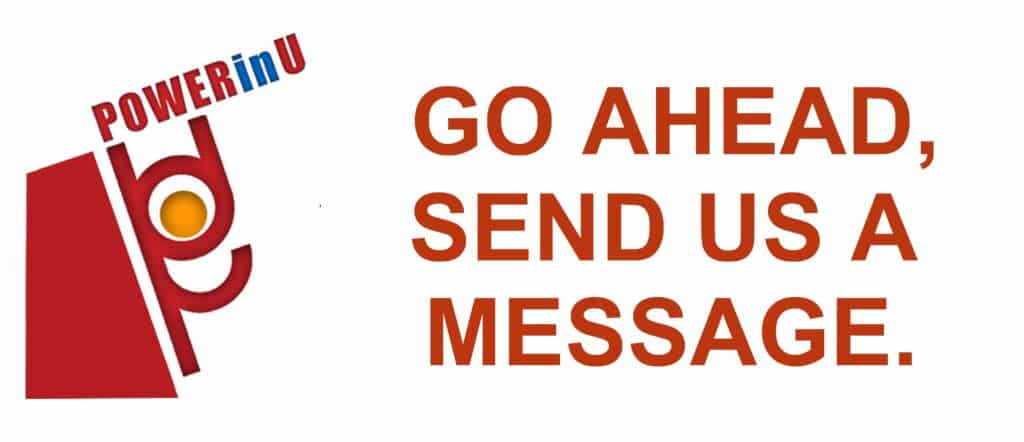By Elaine Cercado
Effective managers balance well the management of tasks and of people. Yet the world has become very competitive and fast-paced that most managers have been focusing on achieving tasks, numbers and milestones. Building relationships has taken a back seat. It’s no wonder that many companies have experienced problems related to talent engagement and talent retention.
For instance, when a new employee joins, I wonder how many managers really take the time to share the vision, mission and goals of the company. “Sharing” is not just about publishing, posting or emailing a document. They have to be explained clearly and be contextualized to the department, team or individual to facilitate better understanding, alignment and support among the members. Shared mission, vision and goals promote psychological energy and become the golden thread that ties everyone to the team, department or company.
The High Need for Connectedness: Then and Now
Current statistics show that in this day and age, people are actually craving for more connectedness and relationships. Digital statistics show radio took 38 years and TV took 13 years to reach 50 million audiences. Internet did it in 4 years and Facebook did it in 2 years. Facebook has actually turned our world into a virtual small neighborhood. It’s not just about the acceleration of technologies at a frantic speed. It’s mostly about man’s inherent need to be connected. Indeed, relationships remain man’s most valued wealth.
The irony is that while the digital age has brought people so much closer to each other, the quality and depth of relationships built today remain questionable. The unwillingness to reach out, beyond the comfort zone of the virtual world, has resulted to lack of skill and confidence to develop more meaningful, or even lasting, relationships.
The Power of Face-to-Face Communication
While I appreciate the practicality and speed of virtual communications, I believe there will always be a huge difference on the powerfully positive impact of a face-to-face interaction or of a physically shared experience.
Communication skills like engaging in conversation, picking up the idea or message, asking questions, sincere listening, use of body language, conveying the right tone and emotion, and giving feedback are best demonstrated in face-to-face settings. With good and constant practice, these communication skills become strong foundations for influencing, networking and relationship building.
Way before Internet and social media became popular, old-fashioned networking and relationship building actually helped teams, managers and businesses succeed. That’s why I appreciated much my manager from over 20 years ago. He would go with me on field sales calls and coach me on the job as part of my learning and development. And he did this with every team member. The time he committed to every member; the tips, support, encouragement he gave on-the-job; and the sincere, personal way he delivered his feedback –– helped build relationships and achieve individual and team sales goals consistently.
Trust-based Relationship is Key to Success
As it turned out, my relationship with my former manager took many forms – he has become my mentor, business partner, customer and lifelong friend. This happened because there was mutual trust and respect for each other that grew through our corporate life’s journey.
Relationships built on trust are critical for successful teams, organizations or businesses. Yet developing trust-based relationships has become the main challenge in this modern age. There are too many distractions, and high demands for speed and convenience. People don’t have the time to sit down, talk and listen to each other – especially in the office where there are just too many tasks to be done.
I recently read a section from a book by Pope Francis, which I believe describes best what true listening is all about.
“Listening, in communication, is an openness of heart which makes possible that closeness…Listening helps us to find the right gesture and word which shows that we are more than simply bystanders…Only through such respectful and compassionate listening can we enter on the path of true growth…”
This level of listening applies not just to personal relationships but also to relationships at work or business. Managers and teams who consistently practice empathetic or compassionate listening develop more meaningful and trust-based relationships.
In the long-term, employees don’t really need a copy of the company vision or mission. They only need to feel, believe and trust that what they are doing for 8-10 hours on a day-to-day basis make a difference. When this is strong to the core, teams and individuals will surely do their best to achieve, even exceed, the tasks, numbers or milestones expected from them.
Note: This article was previously posted by the author in LinkedIn.

